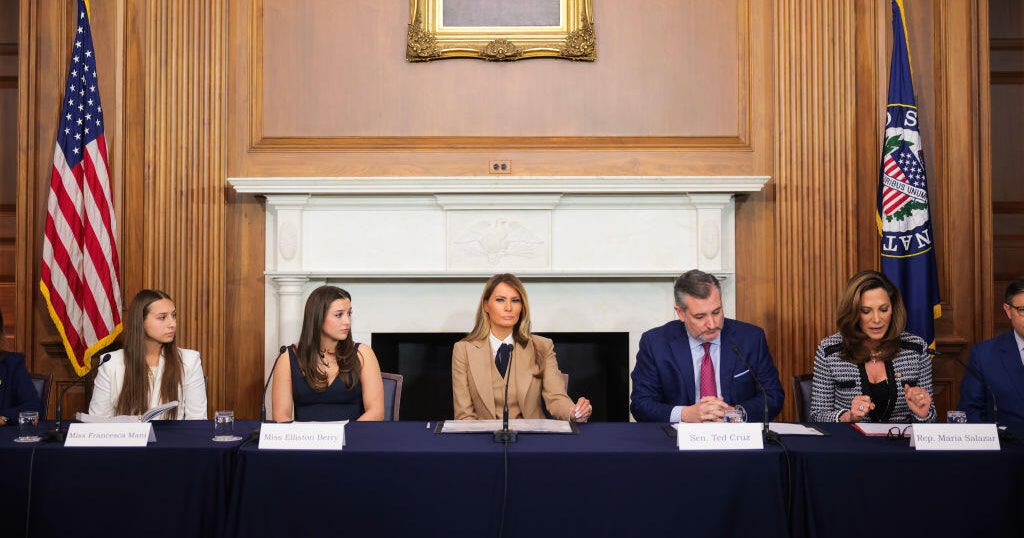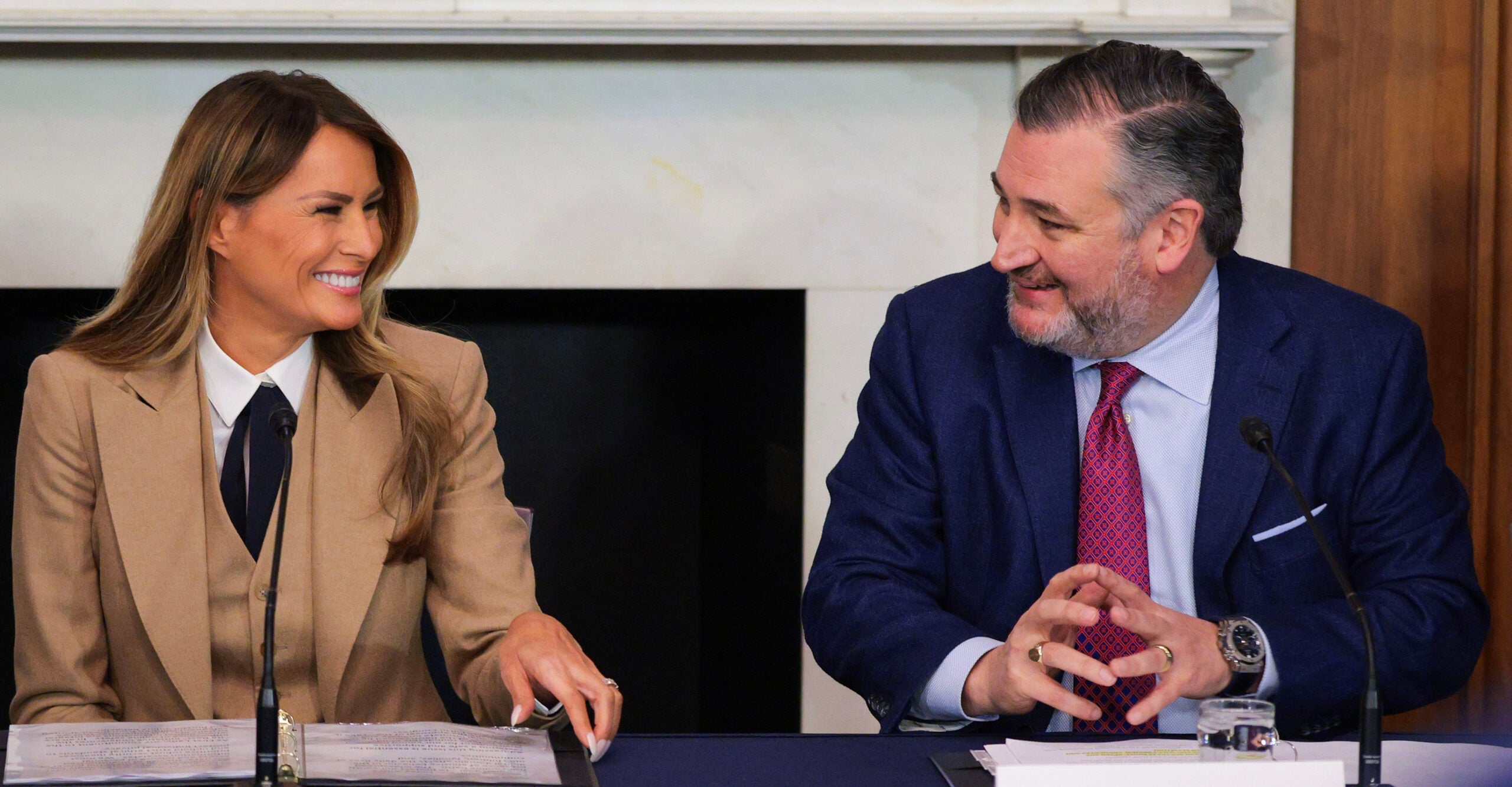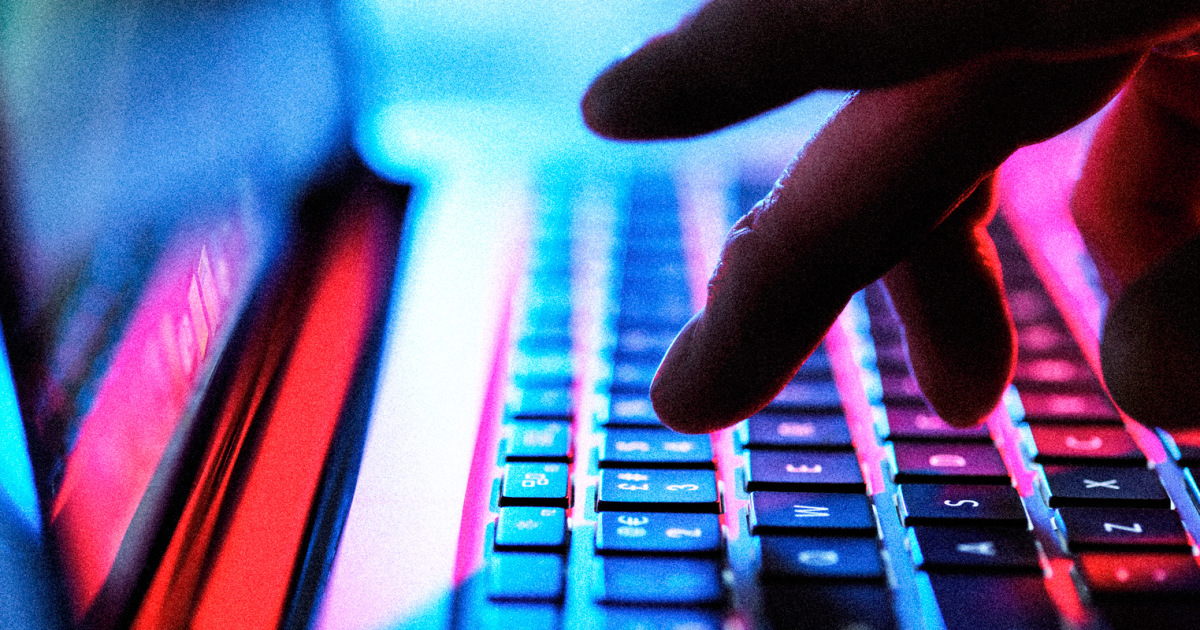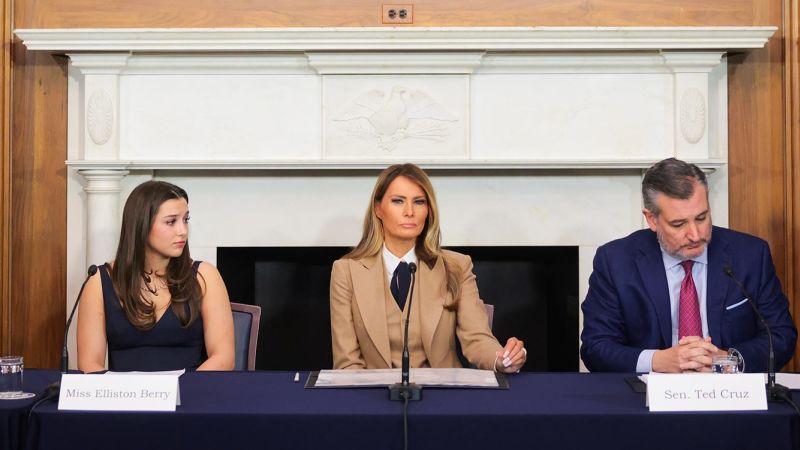House Passes Take It Down Act to Combat Non-Consensual Intimate Images
The Take It Down Act, supported by Melania Trump, targets revenge porn and requires social media platforms to act on removal requests within 48 hours.
Overview
The U.S. House approved the Take It Down Act by a 409-2 vote, targeting non-consensual sharing of intimate imagery and AI-generated deepfakes. The bill, introduced by Sen. Ted Cruz, aims to implement strict penalties for offenders and requires social media platforms to remove such content within 48 hours. Melania Trump lauded the bill, emphasizing protections for children against online abuse, and has been actively involved in its passage. Following Senate approval in February, the legislation now awaits President Trump's signature, with concerns about free speech raised by some lawmakers.
Report issue

Read both sides in 5 minutes each day
Analysis
- The Take It Down Act aims to criminalize the publication of non-consensual intimate imagery, including AI-generated content, and mandates that internet platforms remove such content within 48 hours of receiving a request from victims.
- The bill received overwhelming bipartisan support, passing the House with a 409-2 vote and gaining backing from both Republican and Democratic lawmakers, along with First Lady Melania Trump.
- While the legislation addresses a pressing issue concerning online safety and privacy, there are concerns from digital rights groups about potential threats to free speech and the bill's application.
Articles (13)
Center (6)
FAQ
The Take It Down Act requires online platforms to remove nonconsensual intimate imagery, including deepfakes, within 48 hours of a request. It also makes the creation and distribution of such images a crime punishable by fines or jail time.
The bill is supported by bipartisan lawmakers, including Sen. Ted Cruz and Sen. Amy Klobuchar, and has been championed by First Lady Melania Trump. However, digital civil rights groups have expressed concerns about potential impacts on free speech and encrypted communications.
The bill now awaits President Donald Trump's signature, having cleared both the Senate and the House. President Trump has vowed to sign it into law.
History
- 6M

 6 articles
6 articles









